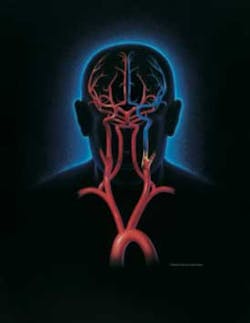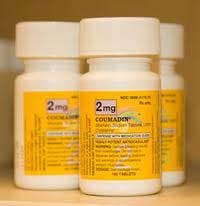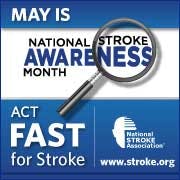New guidelines from the American Academy of Neurology will assist us when we have patients taking anticoagulants. They often need to decide whether or not to take them during surgery or other dental or medical procedures. The guideline has recently been published.(1)
People who have had a transient ischemic attack (TIA) or stroke are frequently prescribed anticoagulants to thin their blood, such as aspirin or warfarin, as a preventive measure. Anticlotting drugs are sometimes used to prevent an initial stroke in people with atrial fibrillation, an irregular or fast heartbeat. Anticlotting drugs can prevent blood clots from forming, but a negative side effect can be the risk of bleeding. Increased bleeding is a concern when someone is having a surgical procedure, and in our world, extractions or periodontal surgery.
The guideline, based on current evidence, is a kind of decision tree for patients and healthcare providers to determine the benefits and risks involved with stopping the medication. As always, a thorough medical health history will help to determine the best treatment plan.
Most of the studies on bleeding risks from anticlotting drugs during procedures center on aspirin and warfarin. As always, more studies are needed to understand the bleeding risks of other blood thinners, such as clopidogrel and aspirin plus dipyridamole, as well as new anticoagulants such as dabigatran, rivaroxaban or apixaban, during or before procedures. The guideline did not review evidence for people with heart problems other than atrial fibrillation.
May was National Stroke Awareness Month and to learn more about stroke, visit the American Academy of Neurology website.(3)











